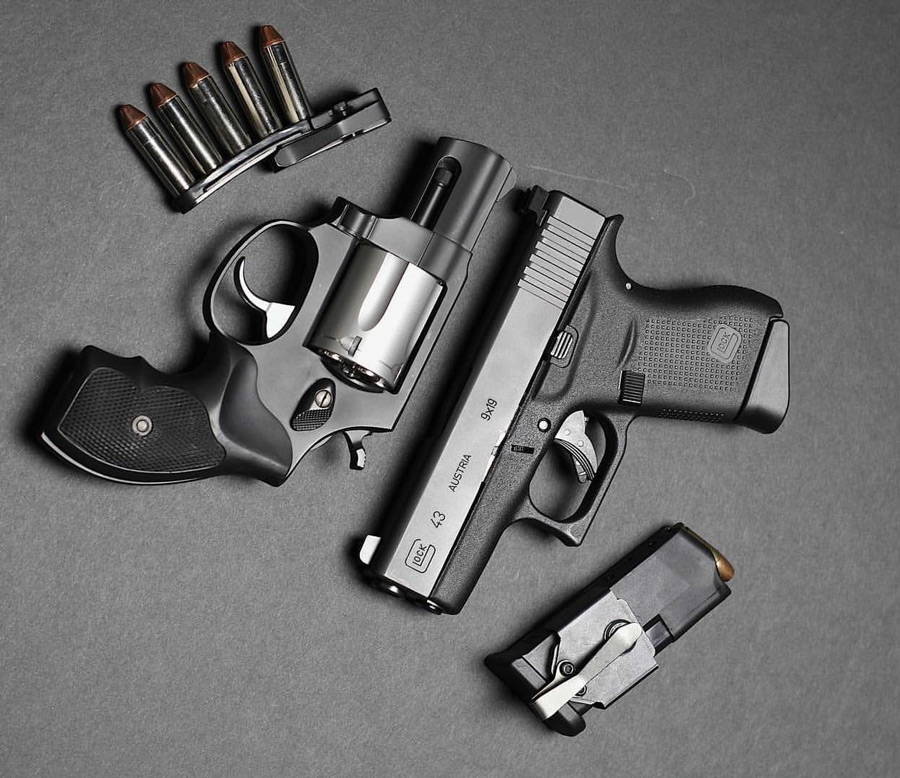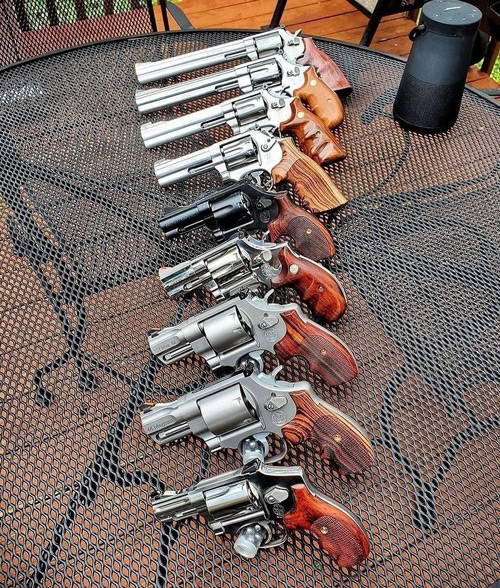Answers:
+ Single action vs. Double Action Semi-automatics: The single-action Revolver requires the hammer to be pulled back each time after firing around. In contrast, the double-action revolver has one trigger pull that both cocks and fires the weapon for every shot. This is better suited for concealed carry since you only have one motion instead of two because it's much slower when compared since you need to cock and fire each time rather than just doing it all in one motion.
While Double action semi-automatics do have a slightly longer trigger pull which increases the risk of an accidental discharge, it's still a great choice for self-defense because you can carry with a round chambered which is legal in some locations, and have your gun ready to go if needed. Even though single-action semi-automatics require less motion or effort to shoot, they aren't truly any more accurate than double-action semi-automatics, which defeats the whole purpose since accuracy is key in self-defense.




